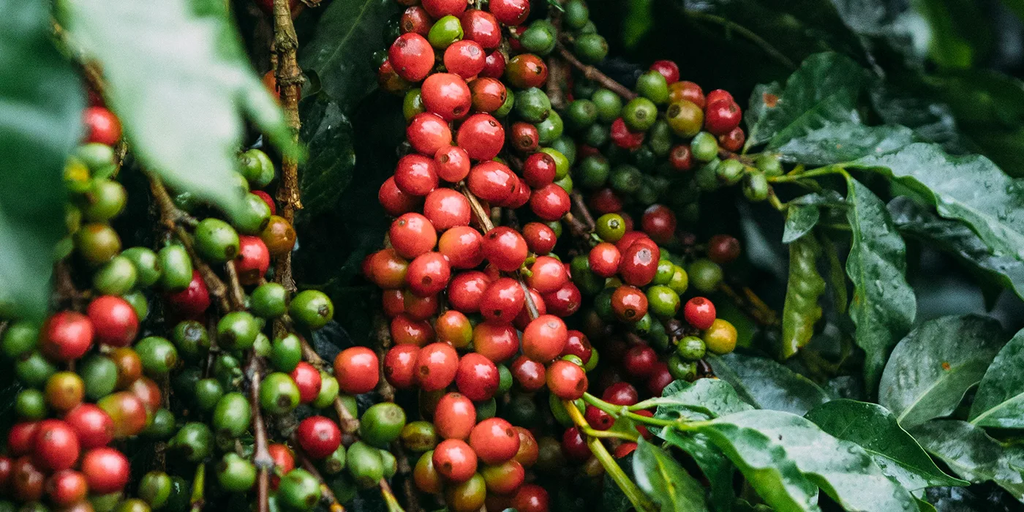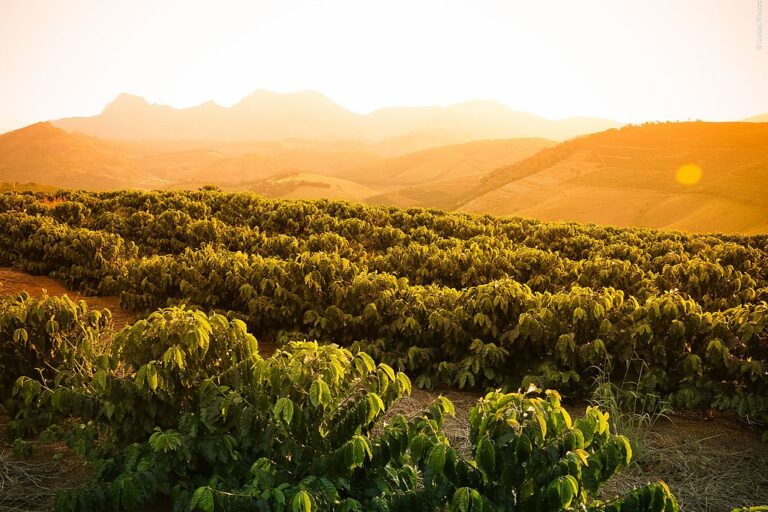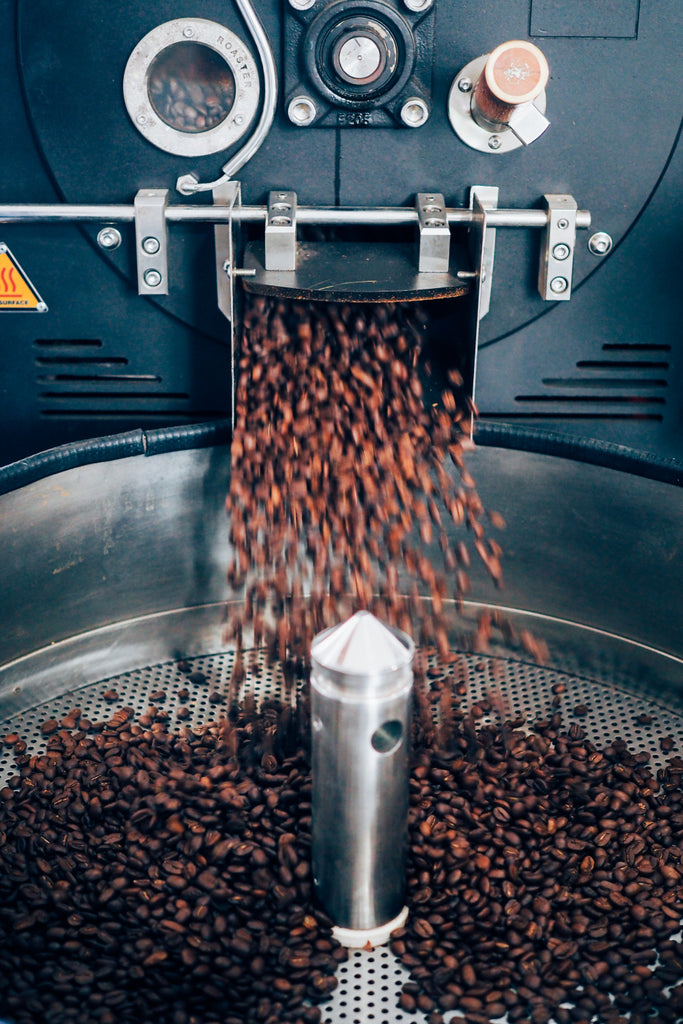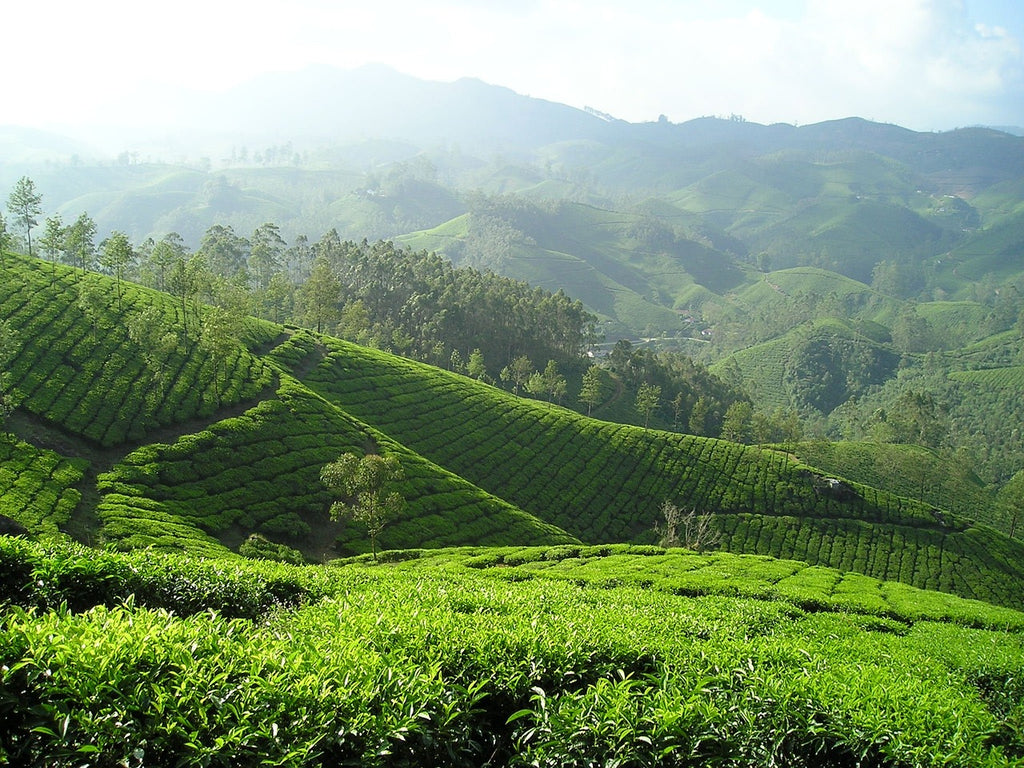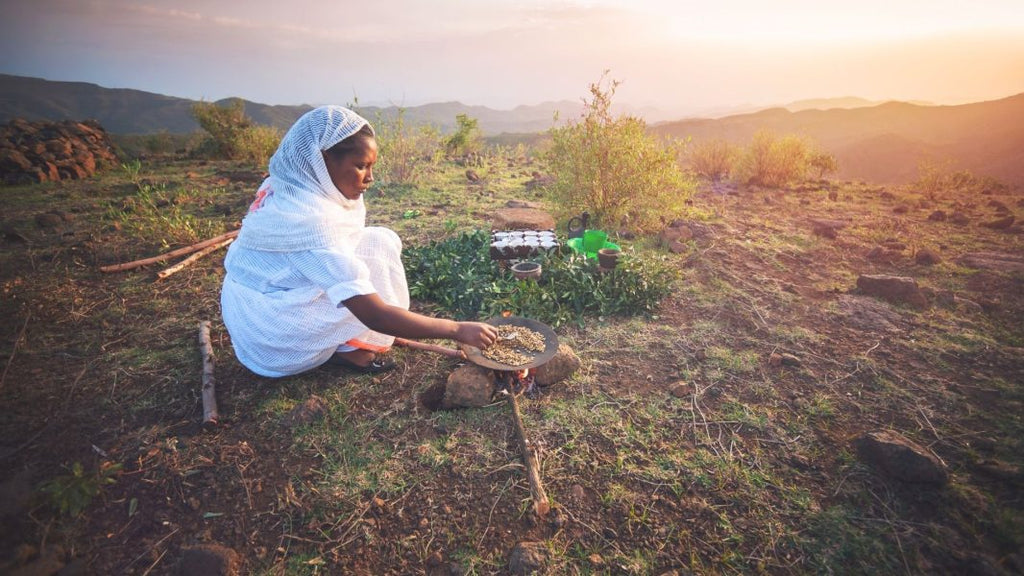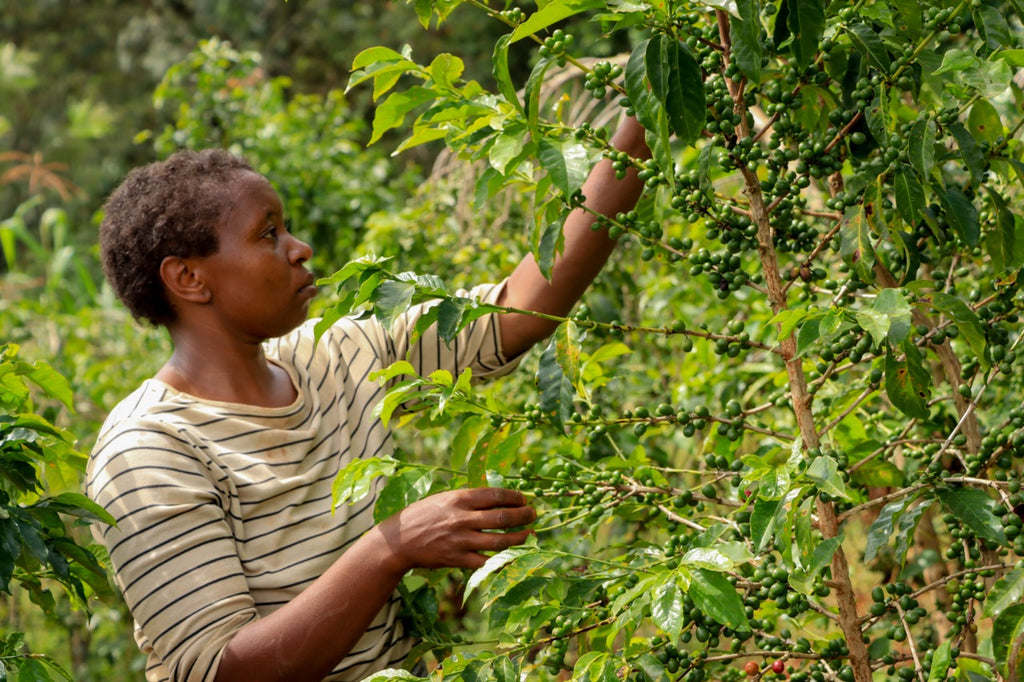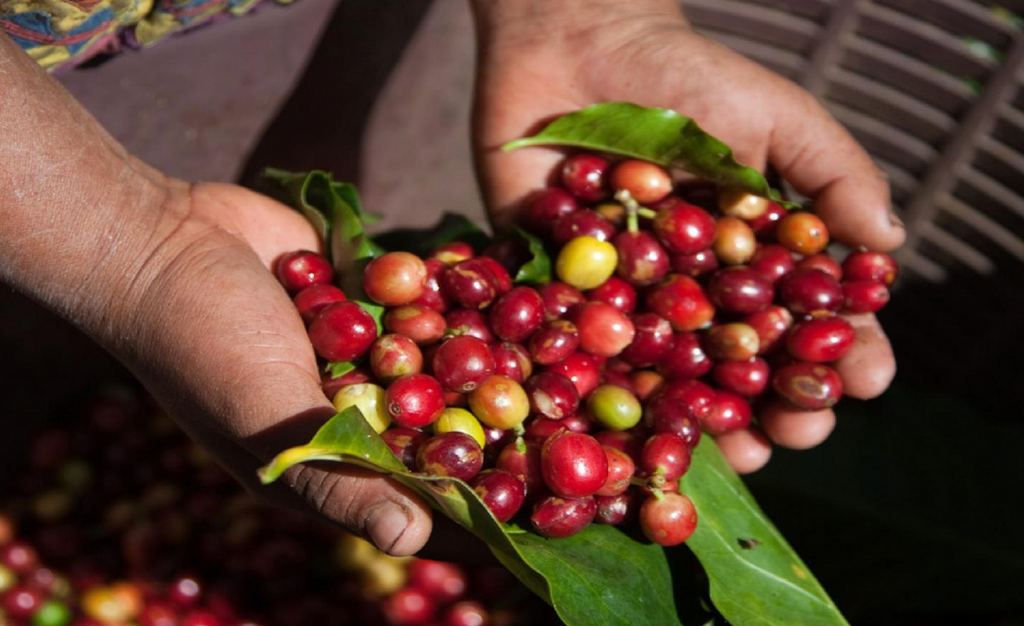
Kenyan Coffee: A Rich Blend of Flavor and Tradition

Kenya, a country known for its breathtaking landscapes and diverse wildlife, also boasts a reputation for producing some of the world's finest coffee beans. With lush highlands, ideal altitudes, and a commitment to quality, Kenyan coffee has earned its place on the global stage. In this blog, we'll explore the unique characteristics, history, and cultural significance of Kenyan coffee, offering insights for both coffee connoisseurs and those looking to explore the world of coffee production.
The Rich History of Kenyan Coffee

The history of coffee cultivation in Kenya dates back to the late 19th century when British colonists introduced coffee plants to the region. Over time, the Kenyan coffee industry has evolved, combining tradition with innovation to create a unique coffee culture. The country's coffee production is primarily centered around the highlands, including regions like Nyeri, Kiambu, Kirinyaga, and Murang’a. These areas provide the perfect conditions for coffee growth, with altitudes ranging from 1,400 to 2,100 meters above sea level.
Distinctive Flavor Profile

Kenyan coffee is celebrated for its distinctive flavor profile. The combination of high altitude, ample rainfall, and fertile volcanic soil contributes to the unique taste of Kenyan beans. The flavors are often described as bright, fruity, and complex. A hallmark of Kenyan coffee is its vibrant acidity, which is accompanied by citrusy notes, such as lemon and grapefruit. These characteristics make it a favorite among coffee enthusiasts who appreciate a bold and lively cup of coffee.
One of the key contributors to Kenyan coffee's exceptional taste is the varietals of coffee beans grown in the region. Two of the most renowned varieties are SL28 and SL34, developed by Scott Agricultural Laboratories in Kenya. These cultivars are known for their ability to thrive in the Kenyan climate and contribute to the unique flavor profile.
Production and Processing

Kenyan coffee cherries are meticulously harvested by hand, ensuring that only ripe cherries are selected. This labor-intensive process is essential in maintaining the quality for which Kenyan coffee is known. The cherries are then pulped to remove the outer layers, revealing the green coffee beans within.
After pulping, the beans are subjected to a fermentation process that can last for 12 to 48 hours, depending on the specific processing method. The beans are then washed, another step that distinguishes Kenyan coffee production. This washing process helps remove any unwanted residues and pulp, resulting in cleaner and brighter flavors.
Cooperative Farming and Sustainability
A unique aspect of Kenyan coffee production is the prevalence of cooperative farming. Smallholder farmers come together to form cooperatives that collectively process and market their coffee. This approach empowers local communities, ensures fair compensation, and maintains a high standard of quality.

Sustainability is also a growing concern in Kenyan coffee production. Efforts are being made to minimize the environmental impact of coffee farming, with practices such as shade-grown coffee and the use of organic farming techniques gaining popularity. Kenyan coffee farmers recognize the importance of preserving their pristine landscapes for future generations.
Kenyan Coffee in the Global Market
Kenyan coffee's reputation extends well beyond the borders of East Africa. It is highly sought after in the international coffee market and often commands a premium price. Kenyan AA, a coffee grading term that indicates the largest and most flavorful beans, is a well-recognized label for quality. Kenyan coffee is not only enjoyed by coffee drinkers but is also a prized ingredient in many high-end blends and specialty roasts around the world.
Kenyan Coffee in Culture

In Kenya, coffee is more than just a beverage; it's deeply ingrained in the culture and traditions of the country. Coffee is often served as part of social gatherings, and the brewing and sharing of coffee hold great significance in Kenyan society. The aroma of freshly brewed Kenyan coffee fills the air during ceremonies, meetings, and conversations, fostering a sense of community and togetherness.
Visitors to Kenya can experience coffee culture firsthand by participating in coffee farm tours and tastings. These tours provide an opportunity to witness the entire coffee production process, from cherry to cup, and to savor the rich flavors that make Kenyan coffee world-famous.
Buying and Brewing Kenyan Coffee

For those interested in bringing the flavors of Kenya into their homes, Kenyan coffee is widely available for purchase online and at specialty coffee shops. When selecting Kenyan coffee, consider the roast level that suits your taste preference. Light to medium roasts often highlight the bright acidity and fruity notes, while a darker roast will bring out deeper, chocolatey flavors.
To brew the perfect cup of Kenyan coffee, consider using a method that allows the flavors to shine. Pour-over and Aeropress brewing methods are popular choices, as they allow you to control the extraction process more precisely. Freshly ground beans and filtered water at the right temperature are essential for brewing a cup that captures the essence of Kenyan coffee.
Conclusion: A Taste of Kenya in Every Sip

Kenyan coffee is a testament to the art of coffee production and the connection between nature, culture, and tradition. From its distinctive flavor profile to its rich history and cultural significance, Kenyan coffee offers a unique and rewarding coffee experience. Whether you're a seasoned coffee connoisseur or a newcomer to the world of specialty coffee, exploring the flavors of Kenyan coffee is an adventure that shouldn't be missed. With each sip, you're not only savoring a remarkable brew but also experiencing a piece of Kenyan heritage. So, pour a cup, savor the flavors, and let Kenyan coffee transport you to the lush highlands of this beautiful East African nation.



